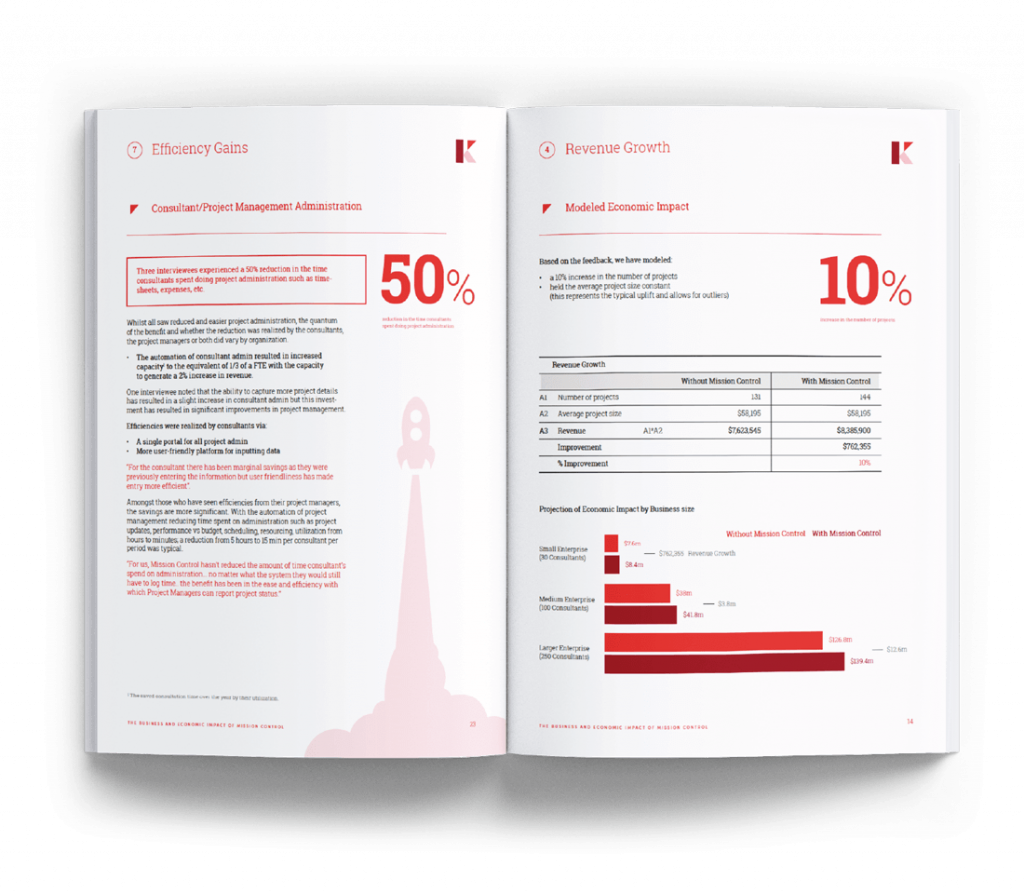In the realm of project management, effective task scheduling and resource allocation are crucial to ensuring the smooth execution and timely completion of projects. One of the fundamental concepts that project managers must understand and utilize is task dependencies. These dependencies define the relationships and order in which tasks need to be performed. Among the various types of task dependencies, Finish to Start dependencies is the most common and widely used.
Overview of Task Dependencies in Project Management
Task dependencies refer to the logical relationships between tasks that dictate the sequence in which they must be carried out. Recognizing and managing these dependencies is vital for creating accurate project schedules and avoiding bottlenecks. There are four primary types of task dependencies:
- Finish to Start (FS): Task B cannot start until Task A is completed.
- Start to Start (SS): Task B cannot start until Task A starts.
- Finish to Finish (FF): Task B cannot finish until Task A is completed.
- Start to Finish (SF): Task B cannot finish until Task A starts.
Each type of dependency plays a unique role in project scheduling, but Finish to Start dependencies are the most prevalent and straightforward to understand.
What is a Finish to Start Dependency?
Finish to Start dependencies (FS) are a type of task relationship where the successor task (Task B) cannot begin until the predecessor task (Task A) has been completed. This dependency ensures that tasks are executed in a logical and sequential order, maintaining the flow of work without interruptions.
Example of Finish to Start Dependencies
Consider a simple example of building a house:
- Task A: Lay the foundation.
- Task B: Build the walls.
In this scenario, Task B (Build the walls) cannot commence until Task A (Lay the foundation) is complete. The completion of laying the foundation is a prerequisite for starting the construction of the walls. Finish to Start dependencies ensure that the project progresses logically and avoids any structural issues.
How Finish to Start Dependencies Improve Project Delivery
Utilizing Finish to Start dependencies effectively can significantly enhance project delivery in several ways:
- Enhanced Planning and Scheduling: By clearly defining the sequence of tasks, project managers can develop more accurate and realistic project schedules. This clarity helps in allocating resources efficiently and setting achievable deadlines.
- Risk Mitigation: Finish to Start dependencies help identify critical paths and potential bottlenecks. By understanding these dependencies, project managers can proactively address risks and delays, ensuring that tasks are completed on time.
- Resource Optimization: Properly sequenced tasks prevent resource conflicts and overloading. When tasks are scheduled in a logical order, resources can be allocated and utilized more effectively, reducing downtime and increasing productivity.
- Improved Communication: Clearly defined task dependencies enhance communication within the project team. Everyone understands the order of operations and can coordinate their efforts accordingly, reducing misunderstandings and ensuring a cohesive workflow.
- Quality Control: Ensuring that predecessor tasks are completed before successor tasks begin helps maintain the quality and integrity of the project. For instance, in construction, starting to build walls before the foundation is properly set could lead to structural issues.
Conclusion
Understanding and implementing Finish to Start dependencies is essential for effective project management. These dependencies not only facilitate accurate planning and scheduling but also contribute to risk mitigation, resource optimization, improved communication, and quality control. By leveraging Finish to Start dependencies, project managers can enhance the overall delivery of their projects, ensuring they are completed on time, within scope, and to the highest standards.
Incorporating robust project management tools like Mission Control, built natively on the Salesforce Platform, can help you manage these dependencies with ease. Mission Control provides a comprehensive solution for visualizing, tracking, and optimizing task dependencies, ultimately leading to more successful project outcomes.




